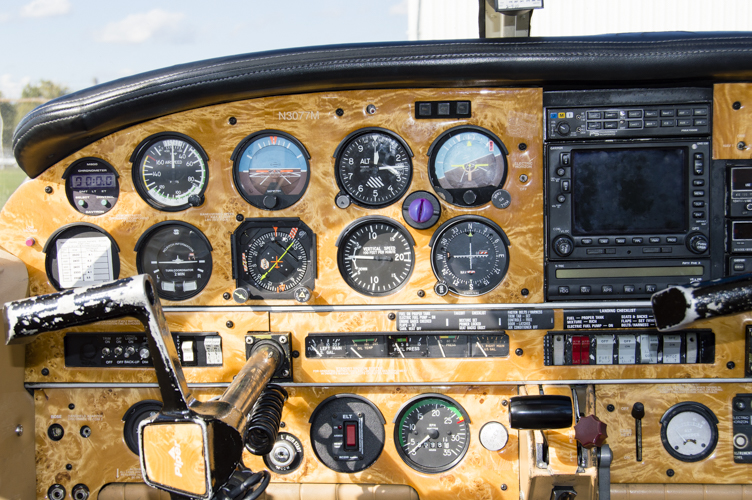Instrument Rating
Fly in the clouds!

As an instrument rated pilot, you will be far less limited by adverse weather! Instrument flight training involves learning to control and navigate an airplane only by reference to the flight and navigation instruments while following “instrument flight rules” (IFR). You gain far more insight into the air traffic control system in the United States, and you will learn to interact effectively and efficiently within that system while piloting an airplane without being able to see outside!
Premier Flight Center also allows you to take advantage of 21st Century technology in our FAA certified flight simulator. It is an excellent training device to use to learn and review procedures for both single engine or multiengine airplanes!
*The following list of requirements represents the minimum and is not meant to be all inclusive. Please refer to the Federal Aviation Regulations for a comprehensive list.
**Premier Flight Center makes no guarantee as to the amount of time it will take you to earn your instrument rating .
Part 61 (14 CFR 61.65)
- Hold at least a private pilot certificate
- Be able to read, speak, write and understand the English language.
- Have at least a 3rd class Medical Certificate
- Receive and log ground training
- Log at least 50 hours of cross-country time as PILOT IN COMMAND (PIC)
- At least 10 hours must be in airplanes
- Log at least 40 hours of actual or simulated instrument time
- At least 15 hours of instrument flight training from an authorized instructor (CFII)
- At least 3 hours in preparation for the Practical (flight) Test.
- 1 cross-country flight under IFR
- A distance of at least 250 NM along airways or ATC directed route
- An instrument approach at each airport
- 3 different kinds of approaches using navigation systems
- Pass a Knowledge (written) Test
- Pass a Practical (flight) Test
